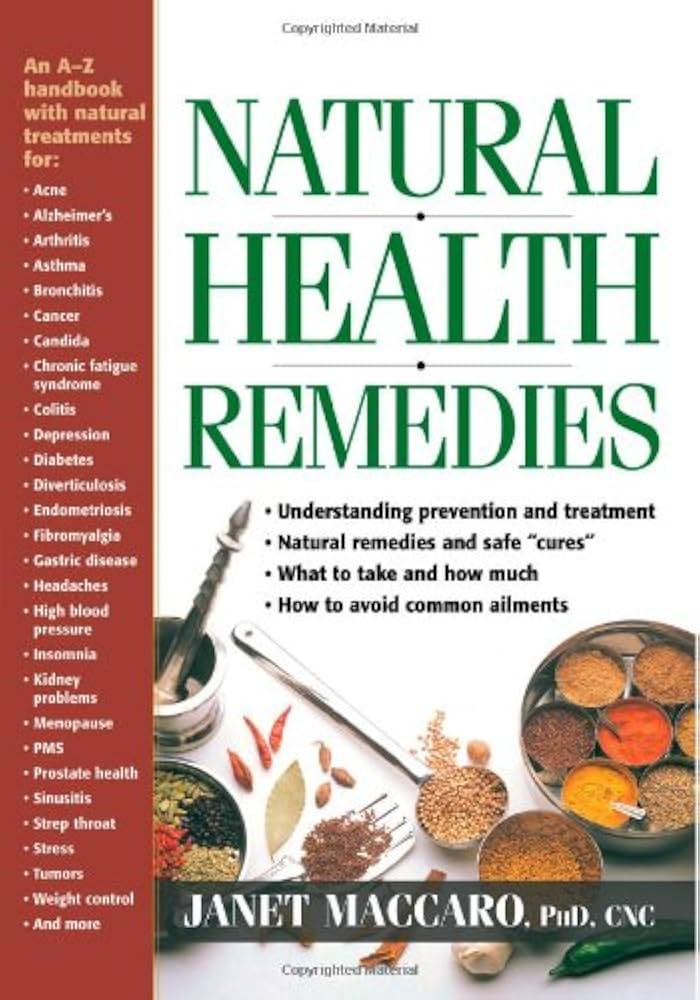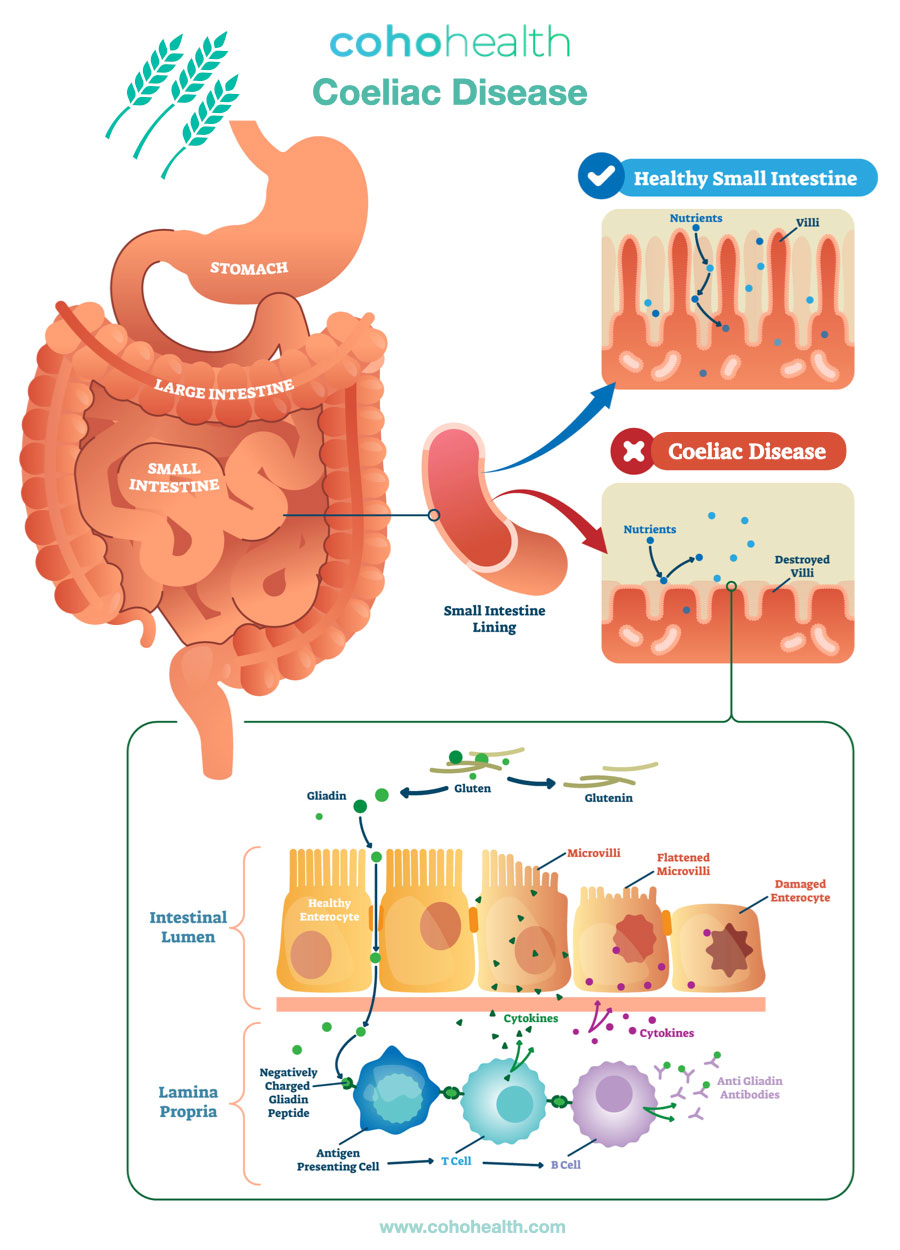Functional Medicine Approach to Testing for Candida Albicans
In functional medicine, diagnosing and treating Candida albicans overgrowth requires a comprehensive approach that considers multiple factors beyond traditional testing methods. This article will delve into the functional medicine perspective on testing for Candida albicans, exploring natural approaches to identify and address this common issue.
Understanding Candida Albicans: A Functional Medicine Perspective
Candida albicans is a type of yeast that normally resides in the body, particularly in the digestive tract. However, when the balance of gut bacteria is disrupted, Candida can overgrow and cause symptoms such as bloating, gas, and digestive discomfort.
The Importance of Gut Health
A functional medicine approach recognizes the crucial role of gut health in maintaining a balanced Candida population. A healthy gut microbiome supports immune function, nutrient absorption, and overall well-being, making it essential to consider when testing for Candida overgrowth.
Traditional Testing Methods: Limitations and Drawbacks
Traditional methods for diagnosing Candida overgrowth often rely on laboratory tests such as blood tests or stool cultures. However, these approaches have limitations:
- Blood tests may not accurately reflect Candida levels in the gut.
- Stool cultures can be insensitive and may not detect early stages of Candida overgrowth.
A Functional Medicine Approach to Testing: A Holistic Perspective
In contrast, a functional medicine approach considers multiple factors beyond laboratory tests:
- Medical history and symptoms: Assessing patient-reported symptoms and medical history helps identify potential risk factors for Candida overgrowth.
- Gut health markers: Evaluating gut health through biomarkers such as zonulin, calprotectin, or fecal beta-glucuronidase can indicate a compromised gut barrier.
- Dietary and lifestyle habits: Examining dietary patterns, including sugar consumption, and lifestyle factors like stress levels and sleep quality can help identify potential triggers for Candida overgrowth.
Comprehensive Testing Strategies in Functional Medicine
A functional medicine practitioner may employ various testing strategies to identify Candida overgrowth:
- Biomarkers: Utilizing biomarkers like cortisol, DHEA, or melatonin can provide insight into gut health and immune function.
- Gut-scope analysis: Visual examination of the gut lining using a colonoscope or endoscope can detect inflammation, ulcers, or Candida overgrowth.
- Hormone testing: Evaluating hormone levels like cortisol, thyroid hormones, or sex hormones can help identify potential underlying imbalances contributing to Candida overgrowth.
Integrative Treatment Approaches for Candida Albicans
A functional medicine approach to treating Candida overgrowth often involves a combination of natural therapies:
- Dietary changes: Implementing a diet rich in fiber, antioxidants, and probiotics can help restore gut health.
- Nutritional supplements: Using targeted supplements like prebiotics, probiotics, or antimicrobial agents can support immune function and Candida control.
- Stress management: Incorporating stress-reducing techniques like meditation, yoga, or deep breathing exercises can help mitigate inflammation and promote gut healing.
Conclusion: A Holistic Approach to Testing and Treating Candida Albicans
In conclusion, a functional medicine approach to testing for Candida albicans offers a comprehensive perspective that considers multiple factors beyond traditional laboratory tests. By incorporating biomarkers, gut-scope analysis, hormone testing, and integrative treatment approaches, practitioners can develop personalized treatment plans that address the root causes of Candida overgrowth.
As you explore this topic further, consider consulting with a qualified healthcare professional who has experience in functional medicine to develop a customized approach for your unique needs. Remember, addressing Candida overgrowth requires a holistic understanding of gut health and overall well-being. By taking a proactive and integrative approach, you can empower yourself to regain control over your digestive health.
Take the first step towards reclaiming your digestive health: Consult with a functional medicine practitioner or schedule an appointment with your healthcare provider to discuss your individual needs and develop a personalized plan for addressing Candida albicans overgrowth.


